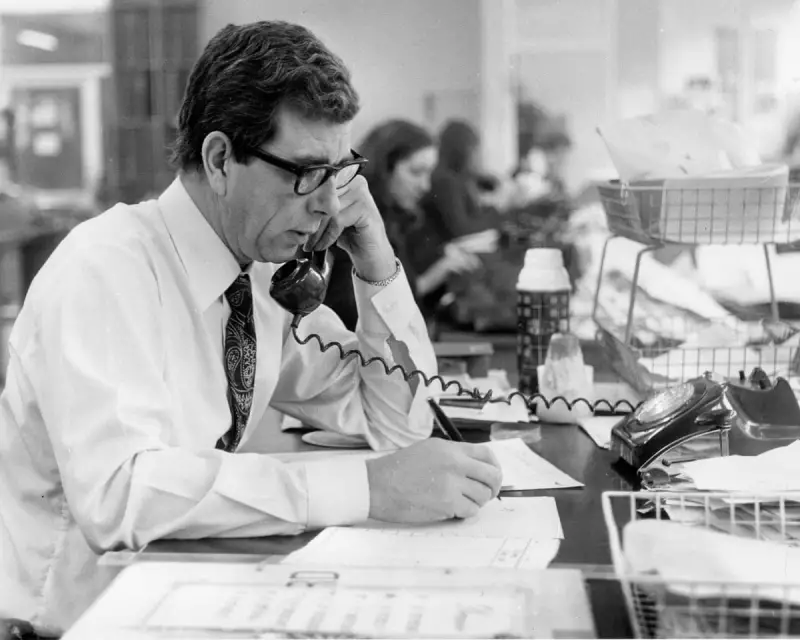
The world of British political journalism has lost one of its most formidable and respected figures with the passing of Brian Davis, whose death at 88 marks the end of an era in Westminster reporting. As The Guardian's political editor throughout the tumultuous decades of the 1970s and 1980s, Davis didn't just report on history—he shaped how generations understood it.
A reporter of the old school, Davis embodied the golden age of Fleet Street journalism. With his trademark trench coat and relentless pursuit of truth, he became synonymous with political reporting at its most incisive. Colleagues remember him as a journalist who could extract revelations from the most tight-lipped ministers through sheer persistence and intellectual rigour.
The Making of a Political Journalist
Davis's path to political journalism was anything but conventional. After national service, he joined the Birmingham Gazette before moving to London, where he quickly established himself as a reporter of exceptional talent. His keen understanding of the political landscape soon caught the attention of The Guardian's editors, who recognised in him the perfect candidate to navigate the complex corridors of power.
During his tenure, Davis covered some of the most significant political events of the 20th century. From the industrial unrest of the Winter of Discontent to the Falklands War and the rise of Thatcherism, his reporting provided readers with unparalleled insight into the forces shaping Britain. His analysis was feared by politicians and revered by colleagues for its depth and accuracy.
Mentor and Legend
Beyond his bylines, Davis's greatest legacy may be the generation of journalists he mentored. He possessed an extraordinary ability to spot talent and nurture young reporters, many of whom would go on to become leading political commentators themselves. His newsroom was both classroom and proving ground, where rigorous standards and intellectual curiosity were non-negotiable.
Former colleagues speak of his encyclopedic knowledge of parliamentary procedure and his uncanny ability to predict political outcomes. "Brian didn't just report what happened," one protege recalled. "He explained why it mattered and what would happen next—often before the politicians themselves knew."
A Changing Media Landscape
Davis's career spanned perhaps the most dramatic transformation in journalism since the war. He witnessed the transition from hot metal typesetting to digital publishing, from afternoon editions to 24-hour news cycles. Throughout these changes, he maintained that the core principles of journalism—accuracy, fairness, and intellectual honesty—remained unchanged.
His retirement in the early 1990s coincided with the dawn of a new media era, but his influence continued to be felt in newsrooms across London. The standards he set for political reporting became the benchmark against which all subsequent journalism was measured.
Brian Davis is survived by his wife, children, and grandchildren—and by a tradition of political journalism that bears his unmistakable imprint. In an age of increasing media fragmentation and declining trust, his career stands as a powerful reminder of what journalism at its best can achieve.





